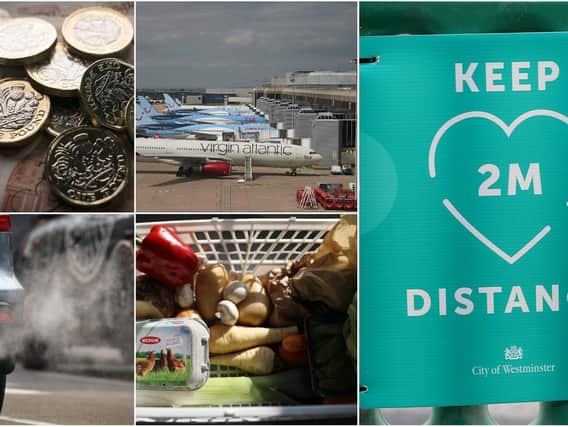Here are some of the changes that lockdown has brought and may remain after:
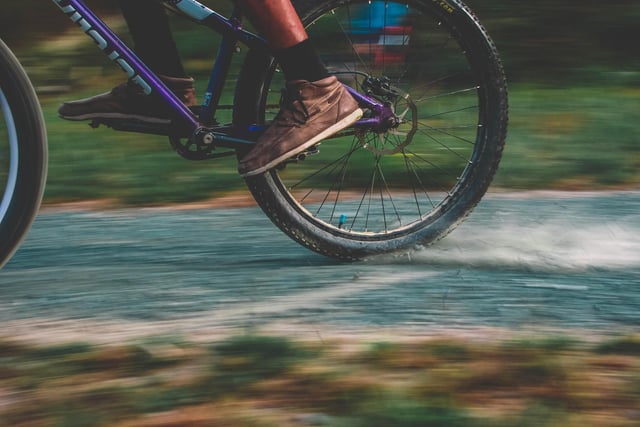
5. On our bikes
Fear of catching coronavirus on public transport has helped lead to a boom in cycling and walking, and 62% of people have noticed cleaner air during the pandemic. A poll of 3,000 UK adults commissioned by environmental charity Hubbub also suggested 62% are in favour of boosting electric vehicle charging points, and 54% support extra funding for cycle lanes, with 77% thinking we should walk more. The Government has made a series of announcements in recent weeks relating to funding boosts for sustainable transport. These include 225 million towards temporary and permanent cycle lanes and reallocation of road space, 25 million to help people get bicycles repaired, and 2.5 million to provide 1,180 bicycle parking spaces at 30 railway stations. Photo: pexels.com
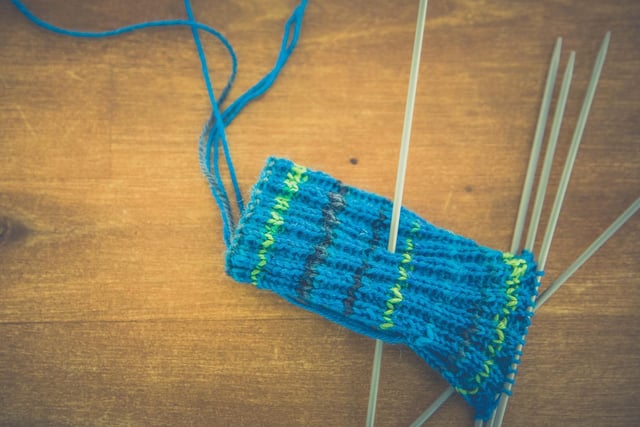
6. Crafting
With more time on our hands and the stresses of isolation to deal with, crafting has become a trend. The UK Hand Knitting Association, which has launched the Yarn Shop Love campaign, says new services such as personal shopping on FaceTime and knitting tutorials on Zoom are being offered by stores facing a challenge to stay open. It says knitting and crochet can boost our mental health.
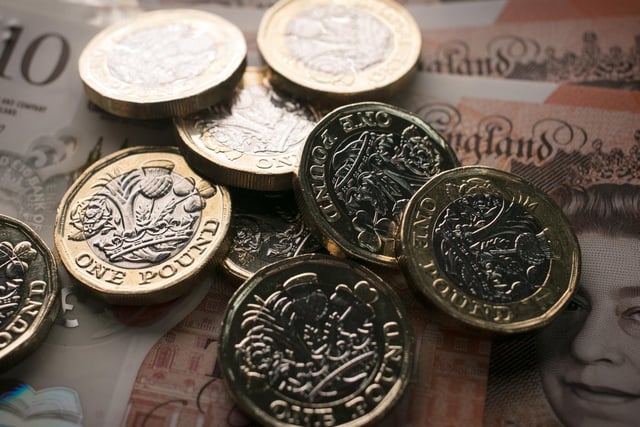
7. Demise of cash
Cash is no longer king as people contemplate how many hands their banknotes have passed through. The contactless payment limit was raised from 30 to 45 to allow shoppers to make larger purchases without having to punch their pin into a potentially dirty keypad. But this can spell difficulties for the elderly and those in the gig economy as banks shut their doors and ATMs are removed. Some banks and cash machine operators made a 12-month pledge in April to help maintain the spread of free-to-use ATMs amid fears some could disappear as cash use plunged.
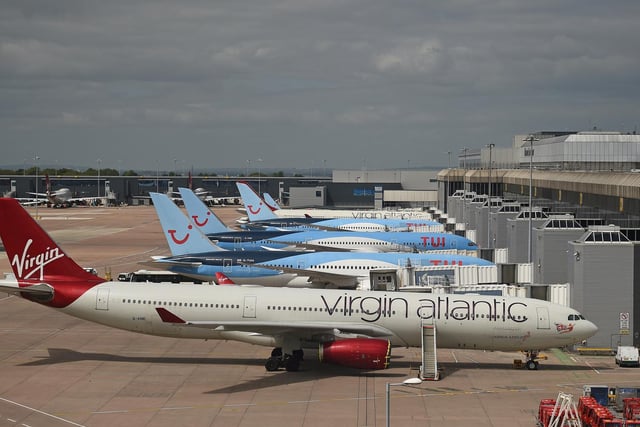
8. Rethinking travel
Thousands of planes have been grounded, while train and coach operators have suspended routes and there has been a major drop in use of buses. The shutdown has also shown how technology has made a lot of business travel obsolete. AA president Edmund King has suggested the use of roads and railways could be reduced after the crisis, telling the BBC that people travelling up and down motorways just to hold meetings is inefficient, expensive and not good for the environment.
